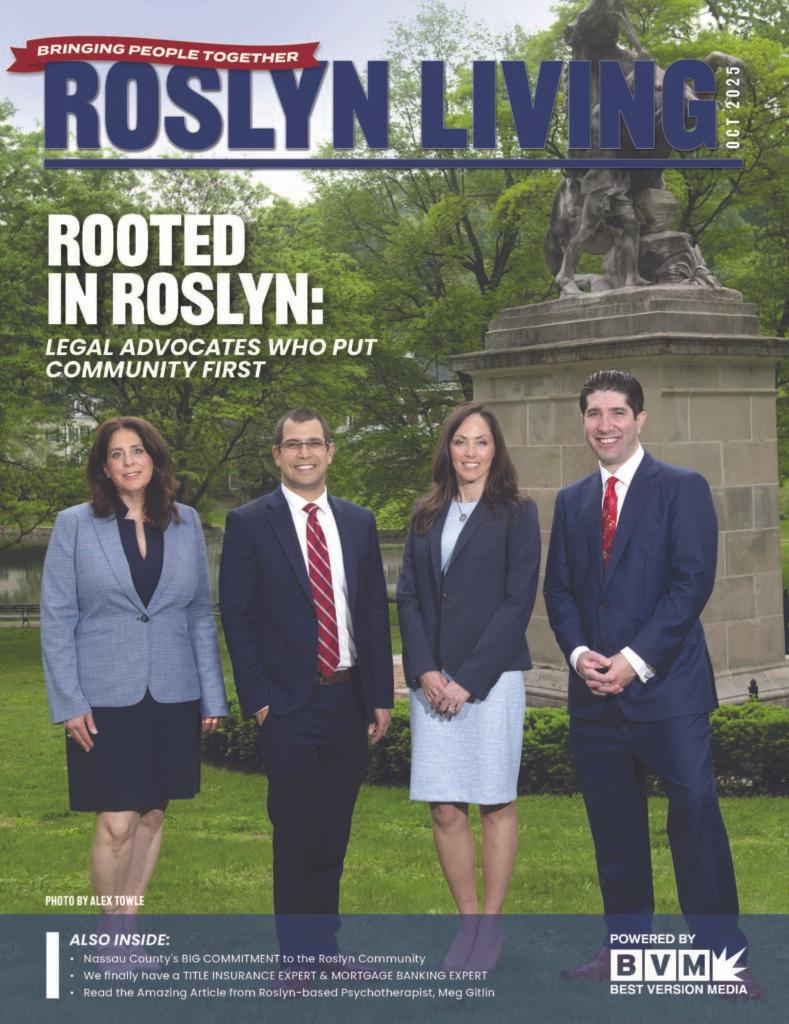Governor Pataki signed Bill No. 5.8450 into law on July 26, 2006. The legislation establishes an independent Office of Medicaid Inspector General to consolidate New York’s Medicaid fraud detection, prevention, recovery and sanction functions. The office will be responsible for conducting audits of providers, recovering payments, imposing administrative sanctions, and referring cases for criminal prosecution.
One of the most significant features of the new law requires certain healthcare providers to adopt and implement a corporate compliance program that meets minimum criteria specified in the law, regulations and guidance. The New York State Department of Health and the Medicaid Inspector General have the authority to audit providers to ensure that they have adopted and implemented a program that complies with promulgated standards. If a provider does not adopt and appropriately implement an adequate compliance program, the provider may be subject to administrative sanctions and penalties, including revocation of the provider’s agreement to participate in New York’s Medicaid program.
In order to ensure compliance, the provider must, at a minimum:
• Adopt appropriate written policies and procedures
• Periodically train and educate employees
• Ensure open lines of communication for reporting fraud and abuse Ø Determine how potential compliance problems are investigated and resolved
• Designate a compliance officer
• Establish a system for regular auditing of risk areas
The Medicaid Inspector General, in consultation with the State Health Department, is required to issue regulations identifying those providers that will be subject to the mandatory corporate compliance program requirement, including but not limited to, those providers who are subject to the provisions of Articles 28 and 36 of the Public Health Law, Articles 16 and 31 of the Mental Hygiene Law, and other providers of care, services and supplies for which the Medicaid program is a substantial portion of their business operations. All such providers must have a satisfactory program within ninety (90) days after the effective date of such regulations. Although the regulations have not yet been issued, it is advisable that all affected providers begin the process of developing and implementing a compliance program.
For more information, please call Patrick Formato, Esq. or any of the other attorneys of our firm’s healthcare department, at (516) 328-2300.





